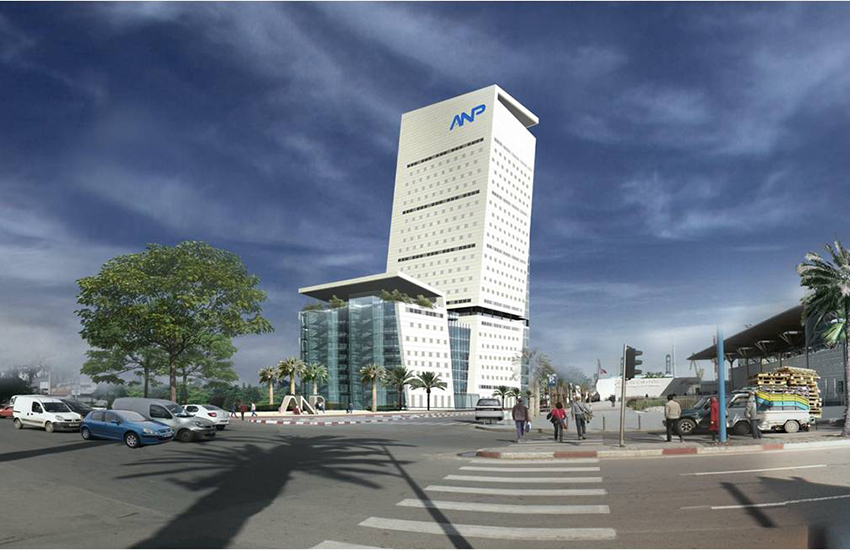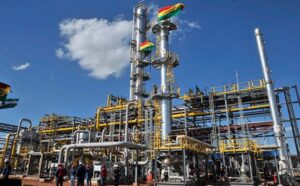
(S&P Global Platts, 11.Dec.2020) — Brazil’s National Energy Policy Council, or CNPE, dealt a sharp blow to the country’s offshore exploration and production program by removing 32 high potential but environmentally sensitive offshore blocks from the upcoming 17th bid round during the policymaking board’s Dec. 9 meeting.
The removal of eight blocks in the offshore Para-Maranhao Basin and 24 blocks in the offshore Pelotas Basin was made after environmental concerns were raised during evaluations by Brazil’s National Petroleum Agency, or ANP, and environmental regulator IBAMA, the CNPE said. The move aims to avoid troubles that companies such as Total and BP Energy have had winning drilling permits from IBAMA in recent years.
Brazil’s ANP will put 92 offshore blocks on offer at the 17th bid round, currently scheduled to be held Oct. 7. The blocks will be located in the Campos, Pelotas, Potiguar and Santos basins.
Several of the removed blocks were expected to generate heated competition despite environmental concerns because of the potential for holding deep-water deposits similar to ExxonMobil’s Stabroek block discoveries off the coast of Guyana. The US heavyweight has made 18 discoveries and pumped first oil from the block in December 2019. The Stabroek block is estimated to hold more than 8 billion barrels of oil equivalent in recoverable reserves.
The same play is believed to extend along Brazil’s northern coast, especially in the Foz do Amazonas and Para-Maranhao basins, according to geologists.
But environmental groups started to protest in recent years against drilling in the region after the discovery of a previously unknown coral reef in the turbid waters at the mouth of the Amazon River. The groups claim the drilling could damage the reef and affect marine life in the area. The claims have gained even more weight during the coronavirus pandemic, which has companies re-evaluating environmental issues amid calls for greater reductions in greenhouse gas emissions to counter climate change.
Oil companies operating in Brazil have long complained about delays getting drilling permits and environmental impact reports approved by IBAMA. But the delays haven’t always been the regulator’s fault, according to government officials. IBAMA has suffered from a lack of funds and investments during previous administrations, leaving the regulator without enough human and technological resources to adequately carry out its duties, officials say.
The ANP started to work more closely with IBAMA after the failure to secure drilling permits by bidders in Brazil’s 11th and 12th bid rounds. The 12th bid round featured 72 onshore blocks primarily earmarked for oil and natural gas exploration and production that utilized hydraulic fracturing techniques, but a series of court-ordered injunctions blocked further development and resulted in blocks returned to the ANP. Since 2016, the ANP has worked to secure preliminary environmental reports with IBAMA ahead of the bid rounds to ensure no major issues will crop out during the process to secure drilling permits.
The blocks approved for the ANP’s recently held Open Acreage bid round, for example, are required to have preliminary environmental reports approved before being included in the sale.
PERMIT PROBLEMS
Latin America’s biggest oil producer has already lost out on initial drilling in the Foz do Amazonas Basin, officials say. Total bailed out of the Foz do Amazonas Basin after a failed, six-year bid to win drilling permits in five offshore blocks. Total purchased the blocks at Brazil’s 11th bid round held in 2013 and planned to drill seven wells.
Total transferred its 40% operating stake in the FZA-M-57, FZA-M-86, FZA-M-88, FZA-M-125 and FZA-M-127 blocks to Petrobras for an undisclosed amount on Sep. 28. Petrobras now owns a 70% operating stake in the blocks, with BP Energy retaining the remaining 30%.
Petrobras has decades of experience dealing with Brazilian regulators and enormous influence at the government level, which has led many industry officials to expect a quick resolution to the dispute over drilling. Petrobras also included $1 billion in investments earmarked for the Foz do Amazonas Basin and Brazil’s equatorial margin in its recently released $55 billion spending plan for 2021-2025.
CEO Roberto Castello Branco also fired a warning shot across IBAMA’s bow during a webinar Dec. 3, saying that Petrobras could take its investment cash to Guyana to drill if permits weren’t forthcoming.
Other companies have also faced troubles in the region, according ANP data. BHP Billiton abandoned plans to drill in two Foz do Amazonas blocks in 2019, while BP Energy also faced permitting issues at the FZA-M-59 block. In October, BP transferred operatorship of the FZA-M-59 block to Petrobras. BP retained 70% of the block, with Petrobras owning 30%.
__________
By Jeff Fick

